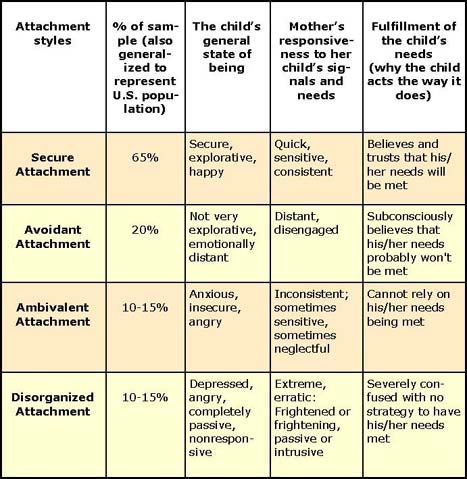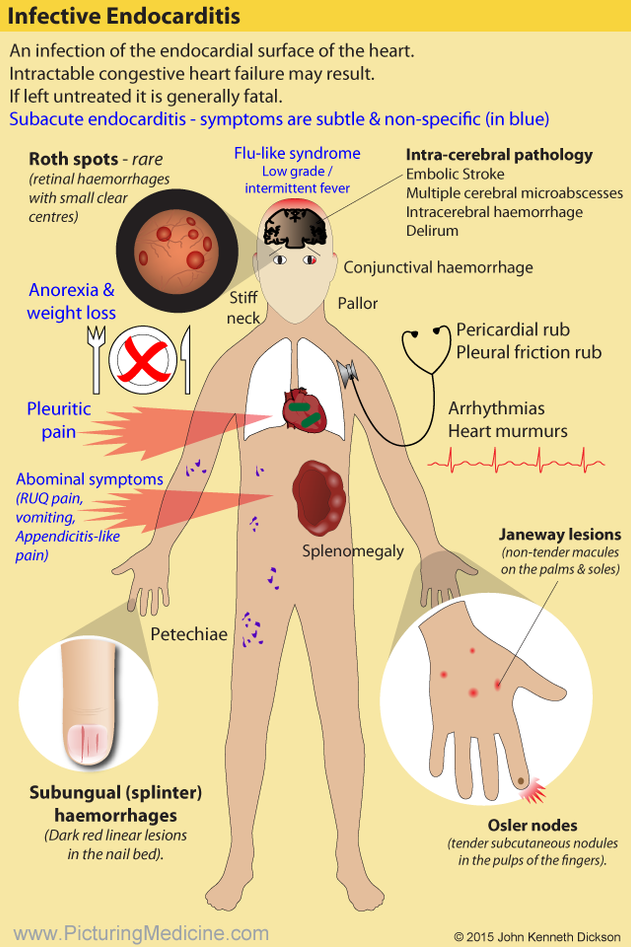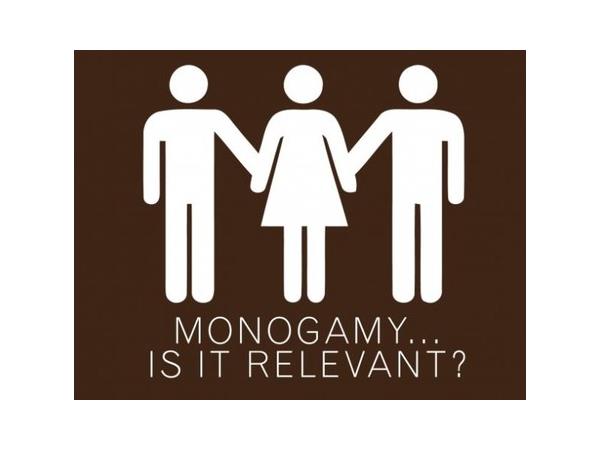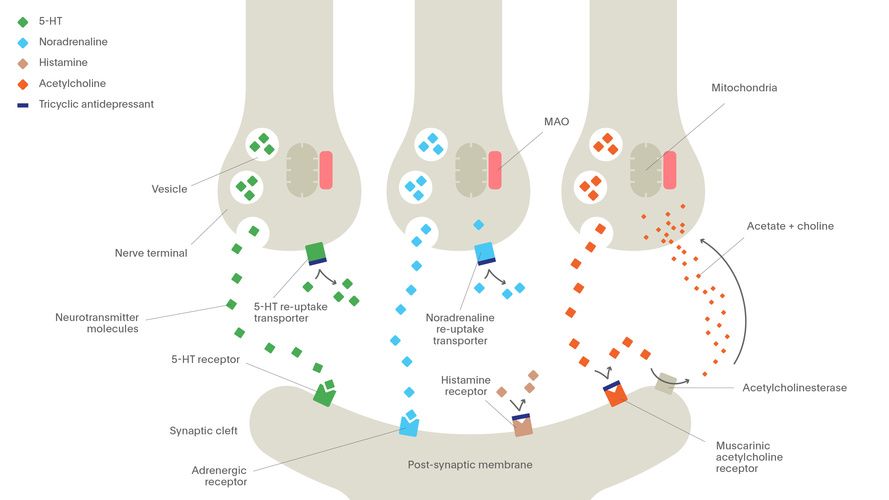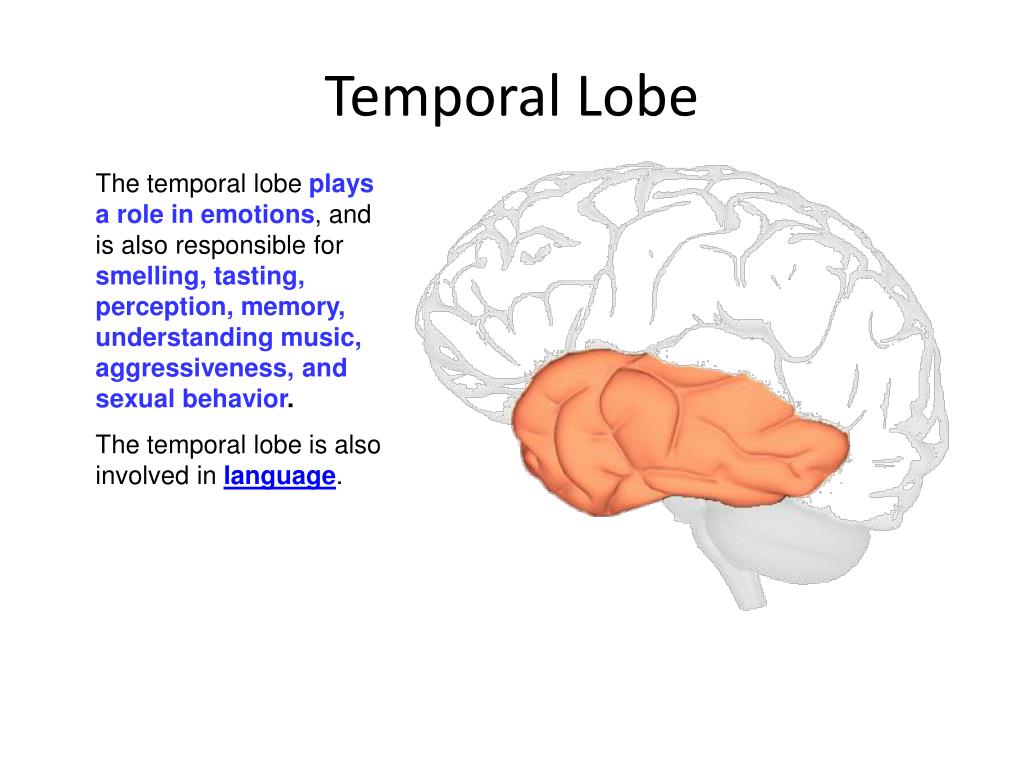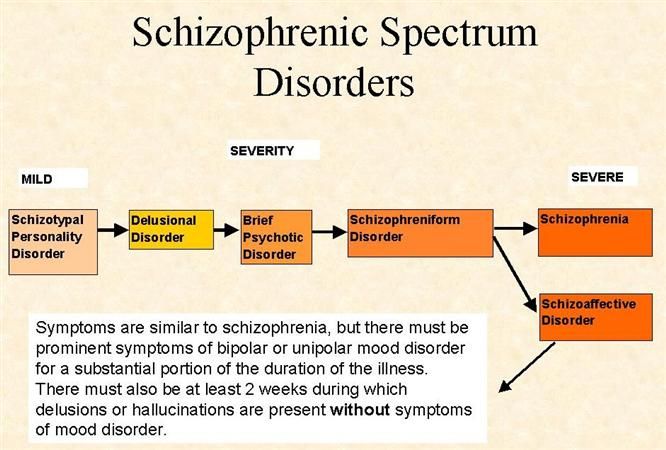Successful people with bipolar disorder
Are there successful people who live with bipolar?
People with bipolar disorder can live a good life, be happy and be successful—just like anybody else. In fact, you might be surprised to find out that some of the greatest and most creative minds have had bipolar disorder. Some of their greatest work has been done during their darkest times.
Living with bipolar disorder can feel lonely and discouraging. By hearing the stories of other people with bipolar disorder, you can begin to see your own experience echoed in theirs. You realize you’re not alone. You are part of a community. You start to think “If they can do it, I can too.”
You belong to a brilliant community.
Jess Y, New Mexico
Here are some people with bipolar disorder who not only achieved great success while dealing with the disease, but also used their success as a platform to help others.
Carrie Fisher, actress
At times, being bipolar can be an all-consuming challenge, requiring a lot of stamina and even more courage, so if you’re living with this illness and functioning at all, it’s something to be proud of, not ashamed of.
Carrie FisherThey should issue medals along with the steady stream of medication.
Many recognize Carrie Fisher for her role as Princess Leia in the original Star Wars trilogy. But for the mental health community, she was one of the leading activists in the fight against the stigma of bipolar disorder. She spoke candidly about the illness in a way that people needed to hear and brought the conversation into the spotlight. Through her books, stage shows, and interviews she told the truth about bipolar disorder, and showed through infectious humor that people with it are just like everyone else. Carrie Fisher lived by example, proving that anyone with bipolar disorder can live well and thrive. Sadly, Carrie passed away in 2016—but her legacy lives on as she continues to inspire others who share the illness.
Demi Lovato, singer and actress
I think scars are like battle wounds – beautiful, in a way. They show what you’ve been through and how strong you are for coming out of it.
Demi Lovato
Demi Lovato is well known for her career as a singer and actress. As of late, Demi has emerged as an outspoken advocate for bipolar disorder. She works with organizations, including Mental Health America, through her initiative Be Vocal: Speak Up for Mental Health, which aims to support individuals with mental illness and encourage them to open up and seek help.
Kay Redfield Jamison, Ph.D., clinical psychologist and writer
The entertainment industry isn’t the only place where people with bipolar disorder can be successful. In addition to a long career as a clinical psychologist, Dr. Jameson is the author of An Unquiet Mind, a memoir of her own experiences with severe bipolar disorder. Many people have identified with her stories of year-long depressions and frightening psychotic episodes. Her book also discusses how she came to terms with needing to take lithium [link] for the rest of her life, and how she ultimately learned to be grateful for it rather than resentful of it.![]()
Here are some more successful people who live or lived with bipolar disorder:
Note: Some of these people lived before bipolar disorder had been recognized and defined. However, their historical biographies include many symptoms of bipolar disorder.
- Ada Lovelace, considered the first ever computer programmer
- Lynn N. Rivers, former member of the U.S. House of Representatives
- Dave Dahl, inventor of Dave’s Killer Bread
- Russell Brand, comedian and actor
- Jean-Claude Van Damme, actor
- Pete Wentz, musician
- Vincent van Gogh, painter
- Edgar Allen Poe, writer
- Virginia Woolf, writer
- Winston Churchill, politician
- Ludwig van Beethoven, musician
- More examples from Wikipedia
18 Celebrities With Bipolar Disorder
Medically Reviewed by Smitha Bhandari, MD on May 16, 2021
The chart-topping singer was diagnosed with bipolar disorder in 2001, but she told People magazine she “lived in denial and isolation” for years. She said she finally sought treatment after a series of professional and romantic issues. “I put positive people around me, and I got back to doing what I love -- writing songs and making music.”
She said she finally sought treatment after a series of professional and romantic issues. “I put positive people around me, and I got back to doing what I love -- writing songs and making music.”
Known for her role as Princess Leia in the Star Wars movie franchise, Fisher got diagnosed with bipolar disorder at the age of 24. She wrote her 1987 novel, Postcards From The Edge, in rehab after a near-fatal drug overdose. On stage and in interviews, Fisher called for more attention and research on the condition. She died of a heart attack in 2016.
The singer, who was nominated for a Grammy with Florida Georgia Line for "Meant to Be" and co-wrote Eminem's "The Monster," opened up about her diagnosis via Twitter. She posted, "I'm bipolar and I'm not ashamed anymore." Rexha went on to say how much she's looking forward to her next project: "This next album will be favorite album ever because I'm not holding anything back."
In a 2008 documentary, Gibson said he had bipolar disorder.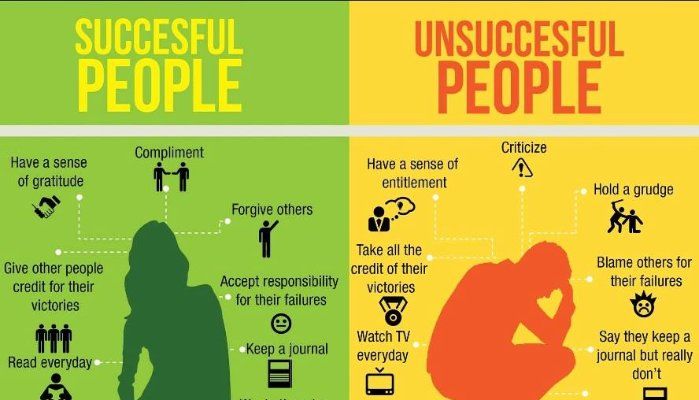 The actor burst onto the scene as an action hero, then branched out into producing and directing, earning two Academy Award nominations. People magazine named Gibson the “sexiest man alive” in 1985. His personal life made headlines when he berated a police officer during a drunken driving arrest in 2006 and pleaded no contest to domestic abuse charges in 2012.
The actor burst onto the scene as an action hero, then branched out into producing and directing, earning two Academy Award nominations. People magazine named Gibson the “sexiest man alive” in 1985. His personal life made headlines when he berated a police officer during a drunken driving arrest in 2006 and pleaded no contest to domestic abuse charges in 2012.
This singer and actress starred in the Disney Channel movie Camp Rock. After the sequel, and a role in the TV series Sonny With A Chance, Lovato admitted herself into a clinic for addiction and self-harm in 2010. It was there she learned she had bipolar disorder. MTV aired a documentary about Lovato’s struggles with it in 2012.
He went from stand-up comedy, to MTV, to roles in Forgetting Sarah Marshall and Despicable Me. Diagnosed with bipolar disorder as a youth, Brand lost jobs with both MTV and the BBC for controversial remarks. His marriage to Katy Perry lasted less than 2 years.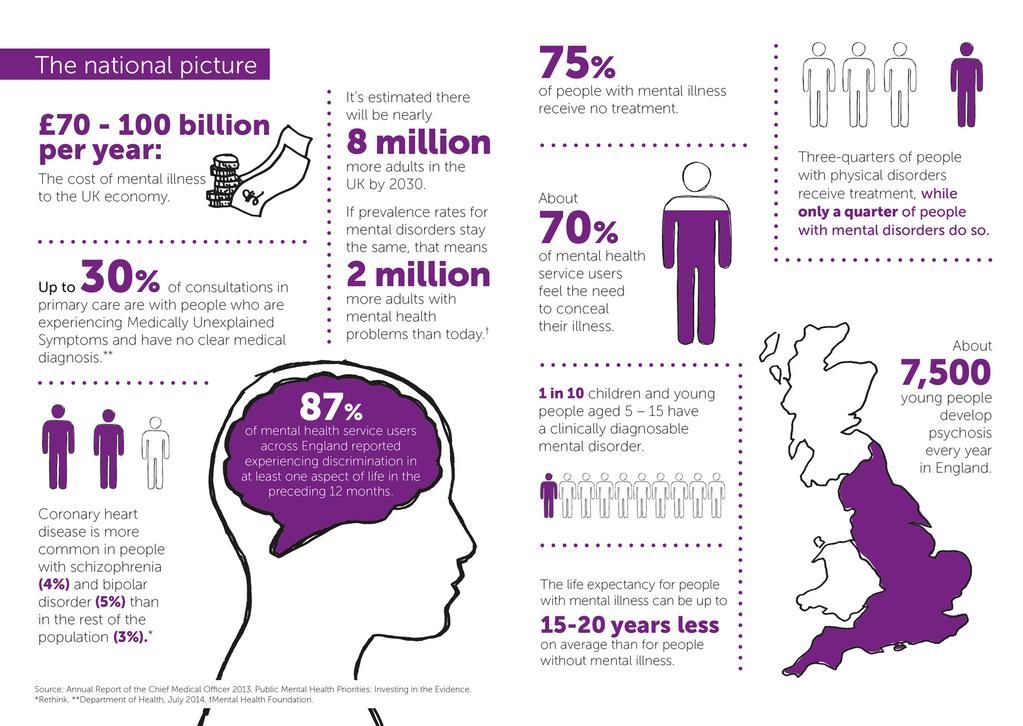 Brand published his first autobiography in 2007 and detailed his struggles with drug abuse in Recovery: Freedom From Our Addictions in 2017.
Brand published his first autobiography in 2007 and detailed his struggles with drug abuse in Recovery: Freedom From Our Addictions in 2017.
The leader of the California surfing sound, Wilson wrote and produced nine albums and 16 hit singles in a 3-year span with the Beach Boys. A panic attack on an airplane in 1964 led him to stop touring. A year later, Wilson began experimenting with LSD. His bipolar disorder, which he'd learn about years later, left him physically and emotionally unable to compose or tour for decades.
The co-founder of Nirvana had attention deficit disorder as a child, then bipolar disorder later. He didn’t pursue treatment. Despite success as the leader of Seattle’s grunge rock movement, Cobain struggled with depression and committed suicide at age 27 in 1994.
The rock guitar legend got expelled from high school, once stole a car, and lasted just a year in the Army after his commanding officers suggested an early discharge. He later wrote a song called "Manic Depression," which described his trouble with mood swings.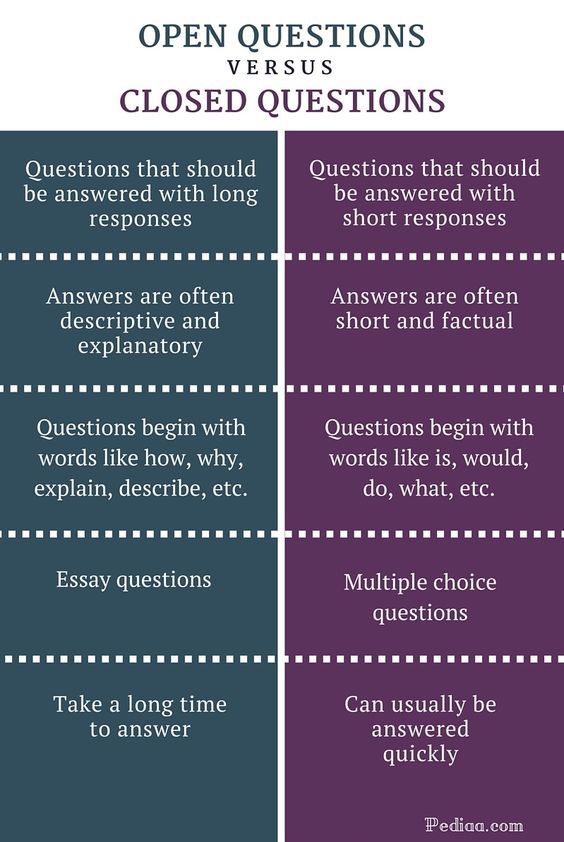 Despite his mental health issues, Hendrix’s performances at Monterey and Woodstock still get talked about today. He died at age 27 in 1970.
Despite his mental health issues, Hendrix’s performances at Monterey and Woodstock still get talked about today. He died at age 27 in 1970.
This Nobel Prize-winning author was prone to manic-depressive behavior throughout his life, a family trait shared by his parents, his son, and his granddaughter Margaux. Despite his larger-than-life personality and novels like A Farewell to Arms and For Whom The Bell Tolls, Hemingway had bouts of depression and paranoia. Obsessed with death, he eventually shot himself in the head in 1961.
The founder of Turner Broadcasting and CNN has spent much of his life battling bipolar disorder and depression. Despite that, Turner took a small independent television station in Atlanta and turned it into a global media conglomerate. At one point, he owned the Atlanta Braves and Hawks, and won the America’s Cup.
This Welsh-born star won an Academy Award for Best Supporting Actress in Chicago and a Tony Award for her onstage work.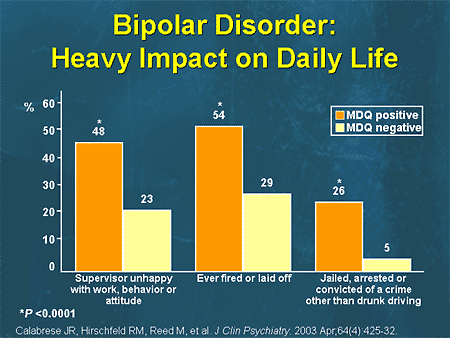 She's also been nominated for several Golden Globes. Married to Michael Douglas since 2000, stress during his battle with tongue cancer led to depression and a diagnosis of bipolar disorder.
She's also been nominated for several Golden Globes. Married to Michael Douglas since 2000, stress during his battle with tongue cancer led to depression and a diagnosis of bipolar disorder.
Born Vivian Mary Hartley in England, Leigh’s greatest fame came from her iconic portrayal of Scarlett O’Hara in Gone With The Wind.
The wife of acclaimed actor Laurence Olivier, Leigh had a reputation for being difficult on the set. For much of her adult life, she had severe depression and mania. Her treatment was electroshock therapy.
From his start as a teen signing idol to his successful movie and stage career, Sinatra’s popularity never waned. He sold more than 150 million records, was a Las Vegas headliner, and won an Academy Award for Best Supporting Actor for his performance in From Here to Eternity. Behind the scenes, Sinatra’s volatile temper was legendary, as was his charity.
This Irish-born singer and songwriter burst onto the music scene in 1990 with the hit single Nothing Compares 2 U.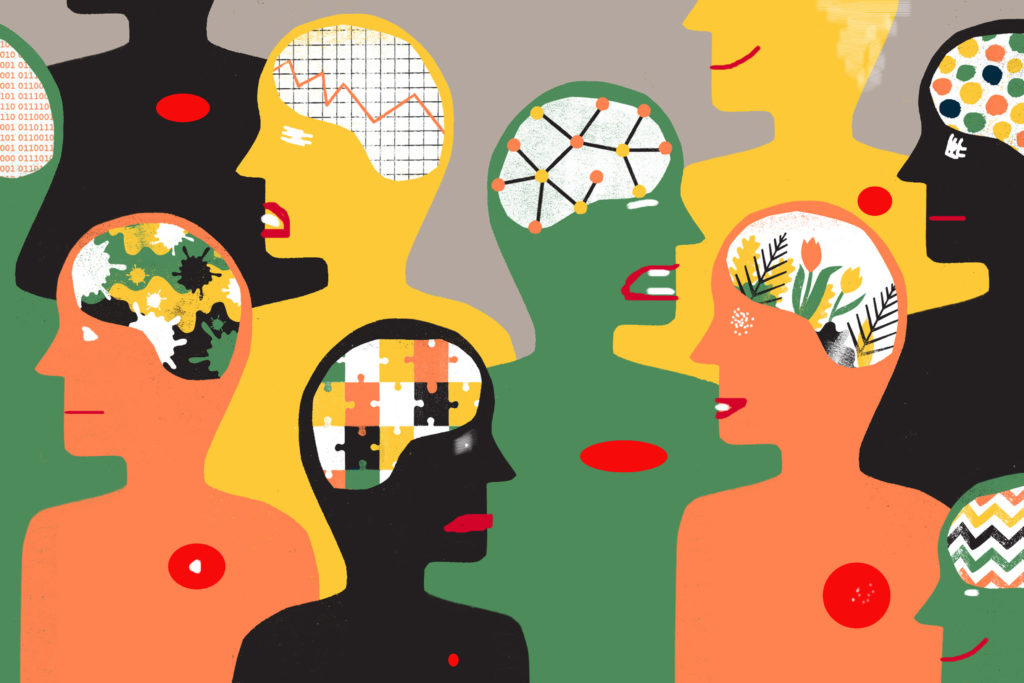 A performance on Saturday Night Live in 1992 during which she tore up a picture of the pope resulted in widespread criticism. She disclosed that she had bipolar disorder in 2007. Ten years later, she shared a video detailing her struggles with mental illness.
A performance on Saturday Night Live in 1992 during which she tore up a picture of the pope resulted in widespread criticism. She disclosed that she had bipolar disorder in 2007. Ten years later, she shared a video detailing her struggles with mental illness.
Van Damme, a Belgian-born martial arts action film star, started studying karate at 10 and earned his black belt 8 years later. His breakthrough film was 1988’s Bloodsport. Ten years after that, he found out he had bipolar disorder. In 2011, Van Damme said he took medication for mood swings that he says he had since childhood.
Pauley, a TV anchor and journalist, has been in the spotlight since she replaced Barbara Walters on NBC’s Today show in 1976. She also co-hosted the evening news, and then co-anchored Dateline NBC, for a decade beginning in 1992. These days, she's the anchor of the CBS show Sunday Morning. It wasn’t until the release of her autobiography in 2004 that Pauley revealed her struggles with bipolar disorder.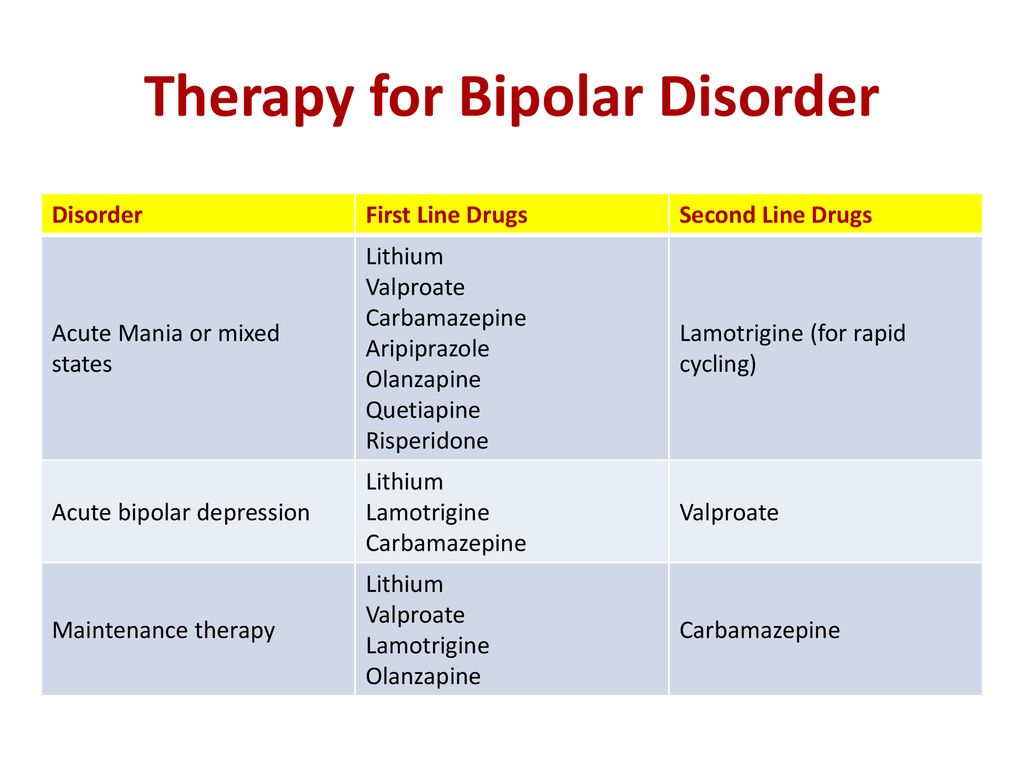
An Academy Award winner for her portrayal of Helen Keller in The Miracle Worker, and a television star for playing identical cousins in The Patty Duke Show, Duke was diagnosed with bipolar disorder in 1982. From that point on, she spent much of her life educating the public on mental health issues. She lobbied Congress for funding and research and wrote two autobiographies about her illness. She died in 2016 from sepsis at 69.
As first lord of the admiralty at the start of World War I and British prime minister in World War II, Churchill rallied people with stirring speeches and radio broadcasts to encourage resistance against Germany. However, he battled his own war against depression, suicidal thoughts, and lack of sleep. He called it his “black dog.” Despite his condition, he authored 43 books and earned a Nobel Prize in Literature. He died in 1965 at 90.
IMAGES PROVIDED BY:
1) Getty
2) Getty
3) Getty
4) Getty
5) Getty
6) Getty
7) Getty
8) Getty
9) Getty
10) Getty
11) Getty
12) Getty
13) Getty
14) Getty
15) Getty
16) Getty
17) Getty
SOURCES:
People: “Mariah Carey: My Battle With Bipolar Disorder.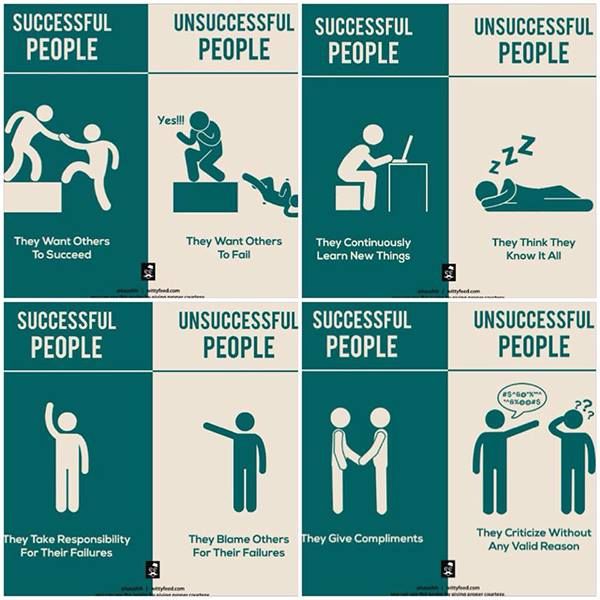 ”
”
The New York Times: "Carrie Fisher Put Pen and Voice in Service of 'Bipolar Pride.' "
Psychological Care & Healing Center: "Is Mel Gibson’s Latest Outburst Related to Bipolar Disorder?"
Treatment Advocacy Center: "Demi Lovato: Bipolar But Staying Strong."
The Guardian: "This charming man," "The astonishing genius of Brian Wilson"
CBSNews.com: "Famous people with bipolar disorder."
MyFiveBest.com: "Five Musicians Who Suffered From Bipolar Disorder."
The Independent: "Being Ernest: John Walsh unravels the mystery behind Hemingway's suicide."
Famous Bipolar People: "Ted Turner -- Famous Bipolar Entrepreneur."
ABC News: "Catherine Zeta-Jones Sheds Light on Bipolar II Disorder."
The New Yorker: "Frank Sinatra and the Scandalous but Scholarly Biography."
Today.com: "Sinead O'Connor opens up about mental illness struggle in emotional video."
How I Beat Depression: "How Jean Claude Van Damme Beats Bipolar.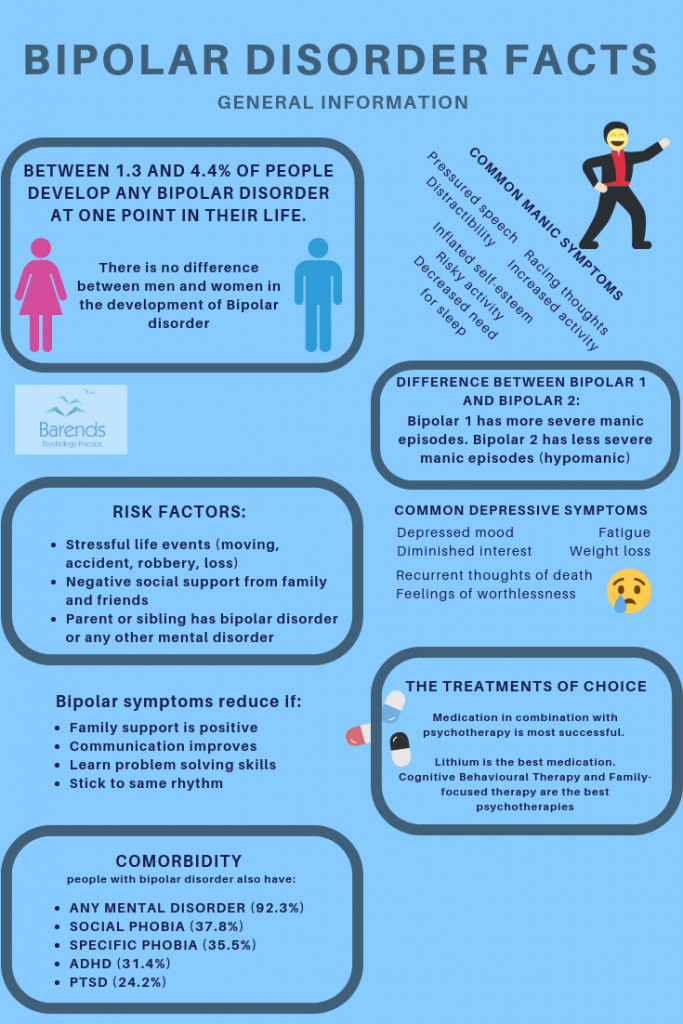 "
"
NBCNews.com: "Jane Pauley shares her story."
Bipolar Lives: "Patty Duke bipolar disorder."
International Bipolar Foundation: "Winston Churchill and Mental Illness."
© 2021 WebMD, LLC. All rights reserved. View privacy policy and trust info
Bipolar Aurora. Why Mental Illness Has Become a Star Trend
Read also
Escape from reality. How to deal with addiction to social networks The second diagnosis. Why depression has become an independent epidemic against the backdrop of covid Find a calling or live a life that is not yours. Why Money Motivates Performers But Not Leadersfleepik.com
Russian and Western celebrities openly admit to having bipolar disorder. The reaction in society is ambiguous: some consider mental illness a new threat, others see it as an artificial trend that young people are actively addicted to. nine0008
Back in the middle of the last century, bipolar disorder was considered a rarely diagnosed disease.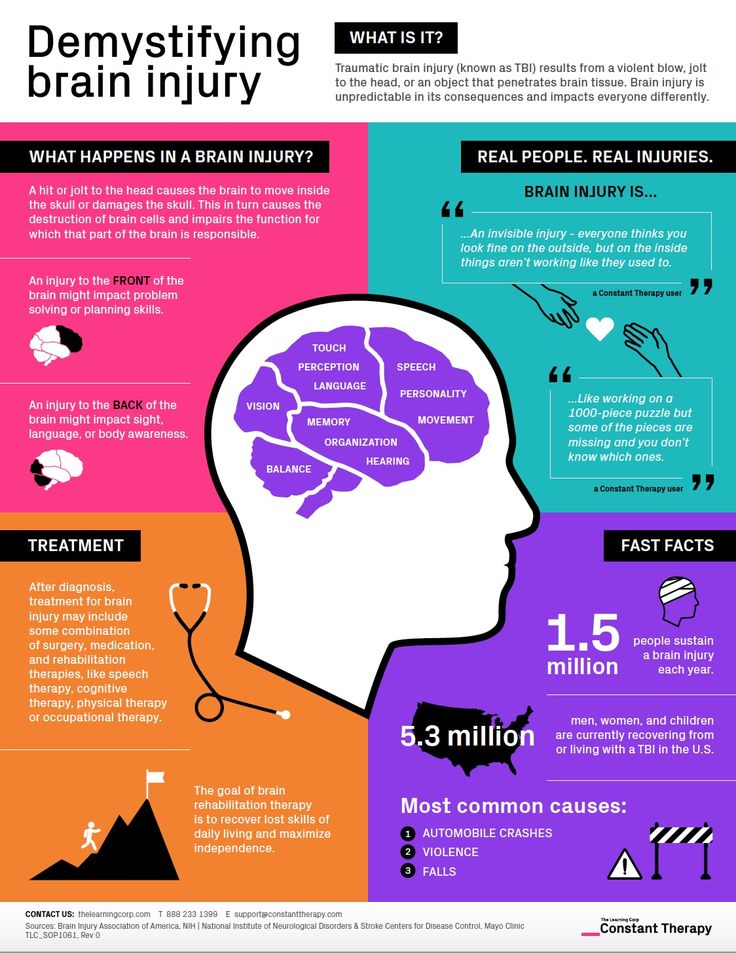 Today in the world, according to WHO, about 45 million people suffer from it. Experts of the Russian Society of Psychiatrists estimate the prevalence of the disease at 0.5-2%. at the State Medical University. I. M. Sechenov called the figure up to 5%.
Today in the world, according to WHO, about 45 million people suffer from it. Experts of the Russian Society of Psychiatrists estimate the prevalence of the disease at 0.5-2%. at the State Medical University. I. M. Sechenov called the figure up to 5%.
Western stars were the first to make loud confessions about their diagnosis. Among them are Kanye West, Mel Gibson and Catherine Zeta-Jones. Famous musicians with a sad fate Kurt Cobain and Amy Winehouse also reported a similar diagnosis. In Russia, openly talking about the presence of bipolar affective disorder (BAD) has recently begun. One of the first to admit to the disease was rapper Oxymoron, who released the track “Bipolarochka” in 2017. According to the commentators of the track on the network, Oksimiron created a certain trend for bipolar disorder in Russia. The presence of a BAR was later announced by rapper Guf, actor Andrei Krasko and model Alesya Kafelnikova. In 2020, another loud recognition took place in Russian show business - actress and producer Yulia Akhmedova said that she had been treated for a mental disorder for many years. This fueled the interest of the public, especially Moscow, in an unusual disease. nine0003
This fueled the interest of the public, especially Moscow, in an unusual disease. nine0003
Diagnosis problems
In medicine, BAD is defined as a mental disorder with alternating strong mood ups and downs. Ups are usually called “manias” (in the case of BAD of the first type) or “hypomanias” (in the case of BAD of the second type, which is milder), recessions are called “depressive episodes”. Hypomanias are less noticeable, they can be felt as just a great mood. Manias can end in psychosis and be accompanied by crazy ideas and even hallucinations. In general, with a disease, a person experiences either extreme despair and a sharp decline in strength, or an unrealistic rise, unbridled fun and euphoria. nine0003
cottonbro/Pexels
BAD affects both sexes, but women more often. Marina Kinkulkina, Head of the Department of Psychiatry and Narcology, Director of the Institute of Electronic Medical Education of the First Moscow State Medical University named after M.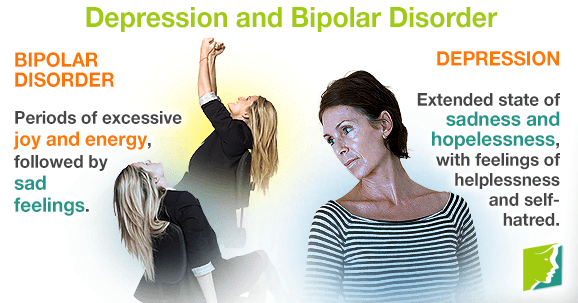 I. I. M. Sechenov. The disease can manifest itself in adolescents, and in adults, and in the elderly. Genetics is considered the main risk factor, but the specific gene responsible for the development of bipolar disorder has not yet been identified. nine0003
I. I. M. Sechenov. The disease can manifest itself in adolescents, and in adults, and in the elderly. Genetics is considered the main risk factor, but the specific gene responsible for the development of bipolar disorder has not yet been identified. nine0003
“In Russia, the diagnosis of bipolar disorder is rarely made,” says Sergey Potanin, psychiatrist, senior researcher at the Psychopharmacology Laboratory of the Mental Health Research Center. “But the problem is not that it is a rare disease. In our country, a strong underdiagnosis of BAD is a disease not noticed by doctors. It has to do with a fairly traditionalist outlook.” For example, if a person hears voices, in Russia they will most likely be diagnosed with schizophrenia, although according to international criteria this is the wrong approach, Potanin notes. Voices can also be heard in bipolar disorder if they occur at the same time as the mood disorder. nine0003
Another reason for misdiagnosis is the small amount of time allocated to each patient in neuropsychiatric dispensaries.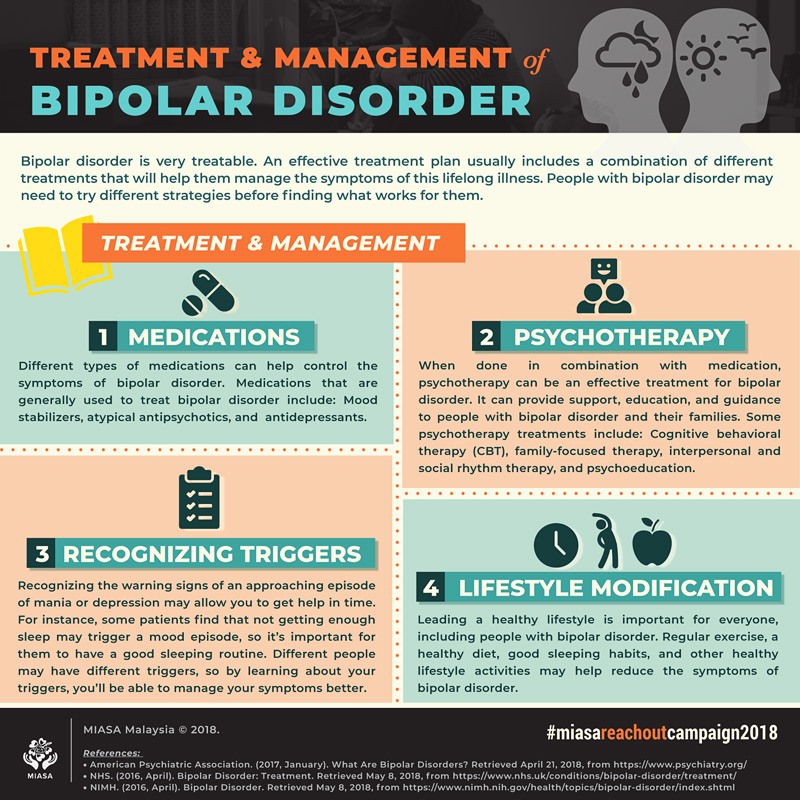 “The average psychiatrist has a standard of 20-25 people a day. During this time, it is difficult to collect an anamnesis and establish the correct diagnosis, ”continues Potanin. Bipolar disorder can be confused with either schizophrenia (more often if the patient came in the manic stage) or depression (if the patient came in the depressive phase).
“The average psychiatrist has a standard of 20-25 people a day. During this time, it is difficult to collect an anamnesis and establish the correct diagnosis, ”continues Potanin. Bipolar disorder can be confused with either schizophrenia (more often if the patient came in the manic stage) or depression (if the patient came in the depressive phase).
“At the initial stages of the disease, it can be difficult to establish a correct diagnosis. Therefore, a doctor who has several hypotheses - bipolar disorder or schizophrenia, monitors the patient for a further time to clarify the diagnosis, ”says Lyubov Lev, a psychiatrist at the neuropsychiatric dispensary. This opinion is confirmed by the studies of Russian specialists, which were conducted by the Moscow Research Institute of Psychiatry of the Ministry of Health of the Russian Federation in the period from 2008 to 2012. 409 patients were included in the diagnostics.patients aged 18 to 65 years with an established diagnosis of recurrent depressive disorder (RDD) who have been ill for more than three years.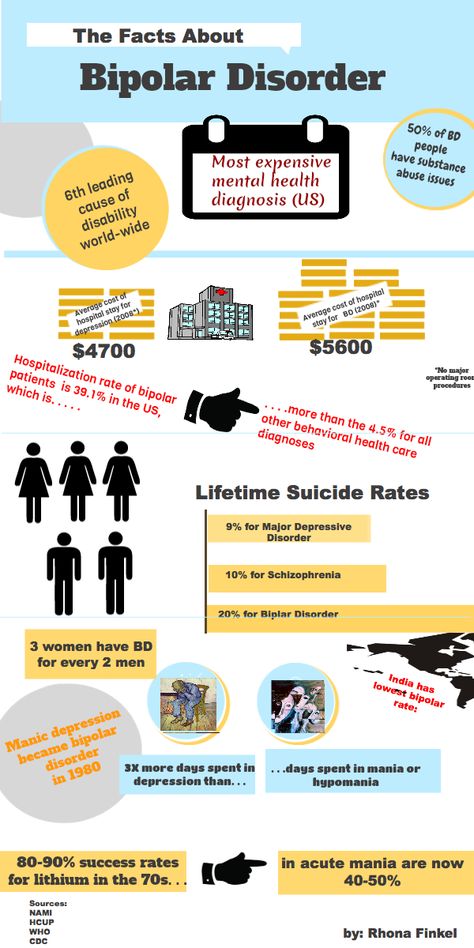 Studies have shown that diagnostic errors are a serious reason for the non-detection of bipolar disorder in Russia, especially the second type. As a result, 40.8% of patients with RDR can actually be diagnosed with type 2 bipolar disorder. And to identify this disease, it is necessary to observe the patient for an average of 15 years.
Studies have shown that diagnostic errors are a serious reason for the non-detection of bipolar disorder in Russia, especially the second type. As a result, 40.8% of patients with RDR can actually be diagnosed with type 2 bipolar disorder. And to identify this disease, it is necessary to observe the patient for an average of 15 years.
Recognize the problem
For a patient, one of the most difficult steps in treatment is the recognition of oneself as a mentally unhealthy person, doctors believe. Not everyone immediately believes that they have a similar disorder, but acceptance can sometimes alleviate the situation. nine0003
Maya Khusanova, 29, a personal stylist, experienced burnout at the end of 2019. “I felt like I was slowly dying. I had insomnia, memory problems, migraines, a very strong eye tic, with which I turned to an ophthalmologist, ”says Maya. The doctor diagnosed her with a nervous tic, prescribed eye medications, and referred her to a neurologist.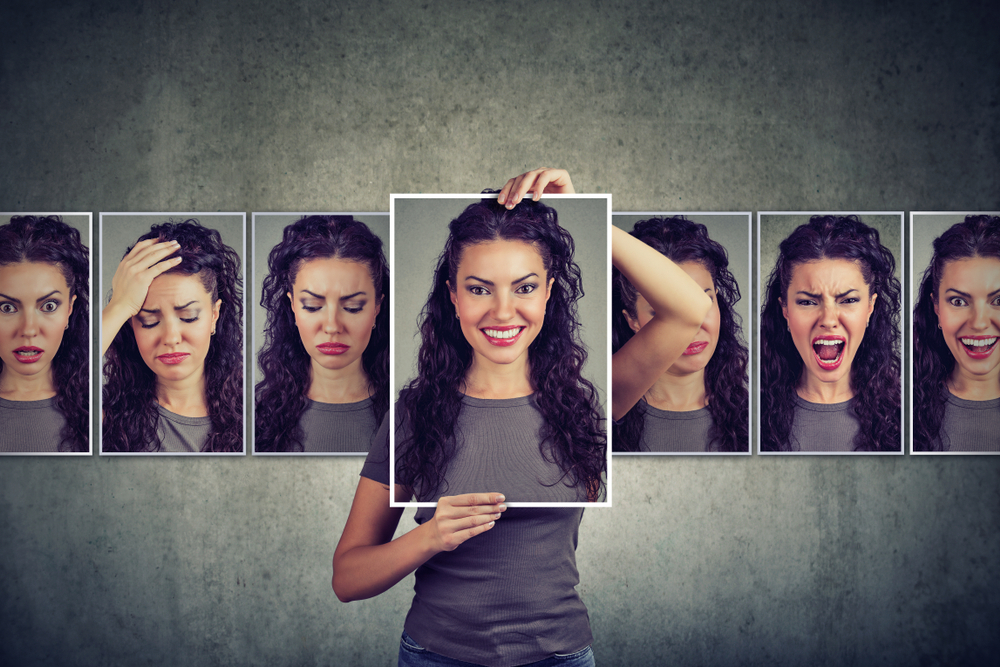 But the anger didn't go away. Doctors said that it was neurasthenia and just need to rest.
But the anger didn't go away. Doctors said that it was neurasthenia and just need to rest.
The emotional peak came when Maya was asked to go to work on the day off: “I had a real nervous breakdown - after the call I screamed heart-rendingly, shook, could not breathe and say nothing. The next few days I felt worse: I practically did not feel anything - whether I was cold, hot, did not feel either hunger or thirst. In addition, there were very strong fears to the point that I was afraid to go out.” After another unsuccessful visit to a neurologist, who prescribed Maya an antidepressant, to which she turned out to be intolerant, the girl turned to a psychiatrist. She was diagnosed with BAD type 2. “I finally took a breath. This diagnosis really describes well what has been happening to me for the last 10-15 years,” Maya said. nine0003
28-year-old Muscovite Sergey B spoke about his sudden depression. I slept for 15-16 hours a day, I could not work normally, I practically did not eat.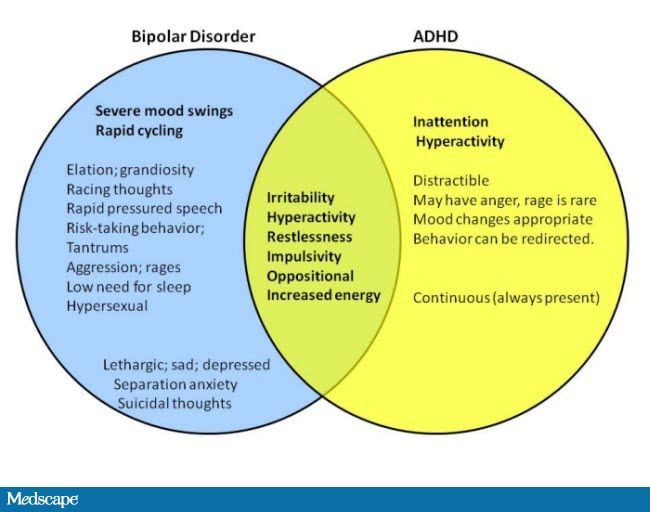 The social circle narrowed down to two or three close people, although my friends always considered me the soul of the company and before that I was very positive, ”recalls Sergey. The psychiatrist diagnosed depression and prescribed antidepressants.
The social circle narrowed down to two or three close people, although my friends always considered me the soul of the company and before that I was very positive, ”recalls Sergey. The psychiatrist diagnosed depression and prescribed antidepressants.
pixabay nine0003
A month later, Sergei felt an unreal lift: he practically stopped sleeping, he wanted to do something all the time, it seemed that he was created for "great accomplishments". Sergey sold his odnushka in Moscow, bought a room in a St. Petersburg communal apartment, and with the remaining money he went on a trip to Latin America. A year later, Sergei discovered that depression was returning: by that time he had canceled antidepressants, deciding that they had done their job. I had to return to St. Petersburg. “The most terrible thing began - constant anxiety, apathy, heaviness in the chest, a feeling of shame, the meaninglessness of existence. I again went to the psychiatrist, this time to another, who talked with me for a long time and in detail.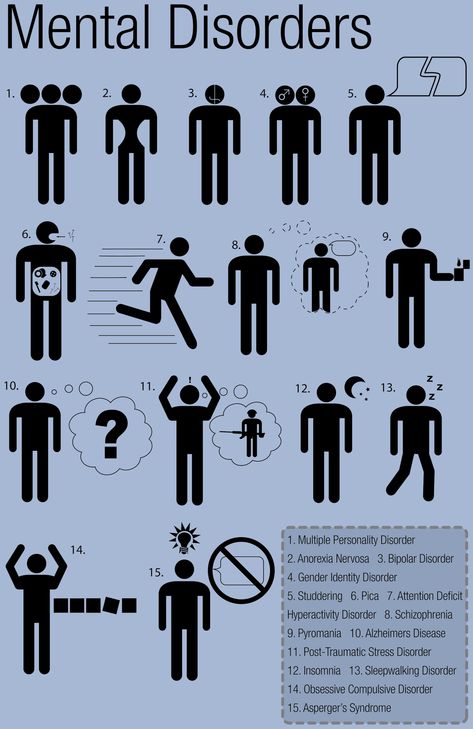 As a result, I was diagnosed with bipolar disorder type 2,” says Sergey. He was prescribed normotimics, which regulate mood, but do not lead to euphoria. The treatment continues to this day. nine0003
As a result, I was diagnosed with bipolar disorder type 2,” says Sergey. He was prescribed normotimics, which regulate mood, but do not lead to euphoria. The treatment continues to this day. nine0003
Correct diagnosis is difficult because people often confuse their disorder with fatigue, burnout or a nervous breakdown, experts say. For example, Evgenia Kashapova, a 33-year-old director, went to therapy for two years before she decided to turn to a psychiatrist. “The psychologist helped me get out of my stupor and understand the reasons for my boundless suffering against the backdrop of a rather pleasant and successful life. But I have not ceased to feel pain from the meaninglessness of what is happening. At some point, I became afraid for my life and the readiness to part with it. This led me to a psychiatrist, ”said Evgenia. nine0003
At first, the girl did not believe in the diagnosis - bipolar disorder type 2 - and went to another clinic, but everything was confirmed there. Today, Evgenia admits that she is even glad that BAD became her disease: “Perhaps, due to the romanticization of the diagnosis, I experienced some relief and even pride when I found out about it.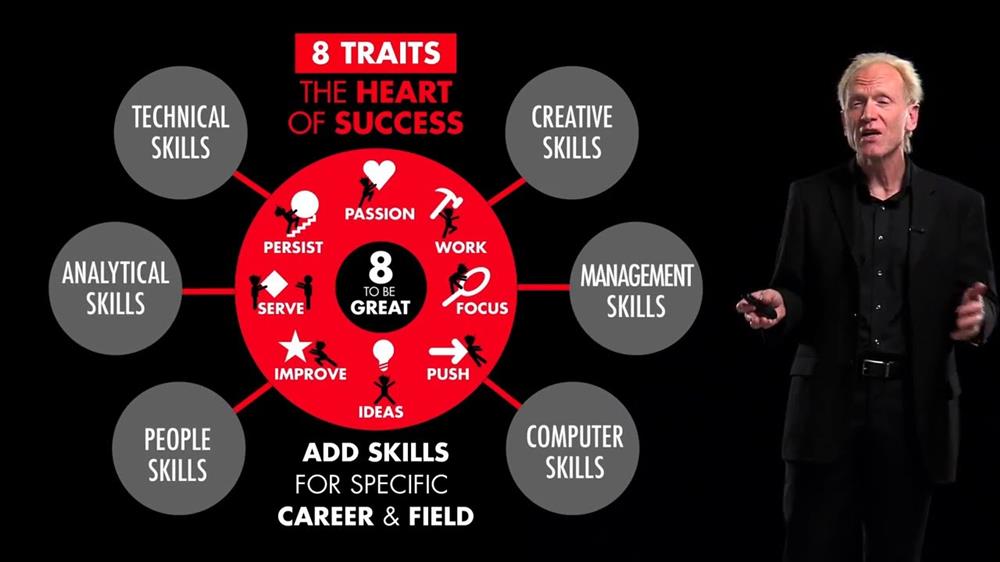 I'm finally special, and that's great."
I'm finally special, and that's great."
Bipolar fashion
In 2018, rapper Kanye West put the words “I hate being Bi-Polar It’s awesome” on the cover of his solo album. According to psychiatrists, this is a very accurate description of the essence of bipolar disease. At the same time, doctors believe that the revelations of the stars about their mental illnesses can hardly start the fashion for the disease or become the reason for its stimulation. “It's just that in the modern world there are more opportunities and resources to speak openly about many things,” says psychiatrist Lyubov Lev. “The recognition of stars in their illnesses cannot be the reason that people invent this illness for themselves, trying to seem special.” nine0003
It is impossible to really simulate bipolar disorder, agrees psychiatrist Potanin. But the fact that popular people talk about the disease out loud has its advantages. “With the level of stigmatization of mental disorders in our country, the fashion for such diseases in a certain environment can compensate for everything.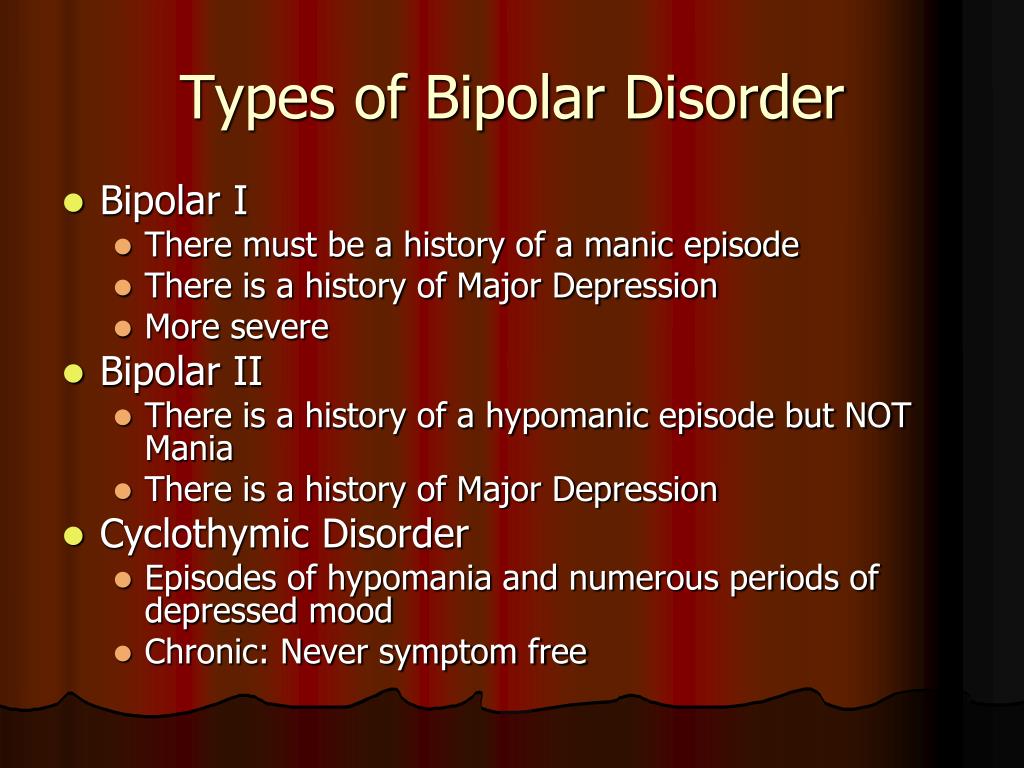 People do not hesitate to come to a psychiatrist, and this is good, ”Potanin notes.
People do not hesitate to come to a psychiatrist, and this is good, ”Potanin notes.
So far, medicine has not found methods that can finally cure bipolar disorder. And there are no significant differences in the methods of treatment in Russia and Europe, Lev notes: “Recently, a humanitarian trend has emerged in Europe - new drugs are being developed with fewer side effects. Psychological rehabilitation - psychotherapy - is also carried out after active drug therapy in a hospital for the socialization and working capacity of patients. Russian standards for the provision of psychological assistance generally coincide with foreign ones. nine0003
According to Potanin, in some situations, with a diagnosis of type 2 bipolar disorder, a patient can be brought into remission with the help of long-term pharmacotherapy and psychotherapy. In this case, a person will be able to do without drugs and control some mood swings on their own. However, in general, people with this disease have to be on maintenance treatment for life.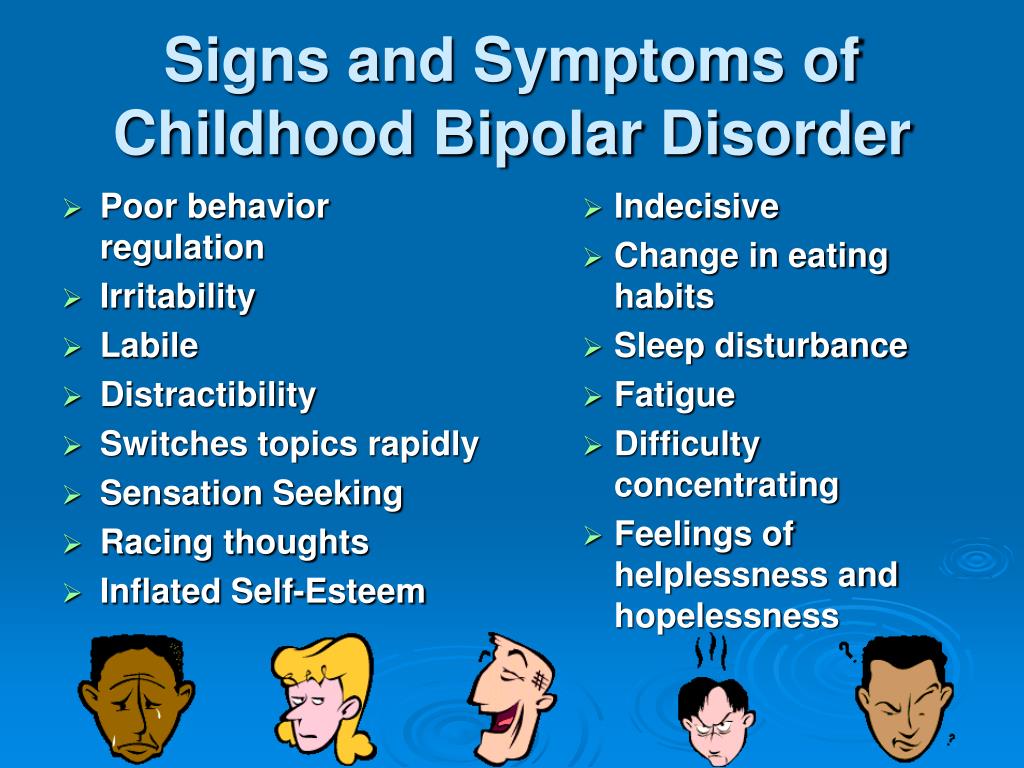
Patients themselves admit that it is difficult for them not only to accept their disease and learn to live with it, but also to convey its essence to the environment. Often they have to face stigmatization and rejection of their disease by relatives and colleagues. “I am still ashamed. Not because I have BAD, but because I am some kind of “underowner” of a psychiatric diagnosis, says Kashapova. “Doubts that there is a diagnosis and it affects life often lead to the devaluation of oneself and one’s actions.” nine0003
Unsplash
The support of family and friends is especially important for people with bipolar disorder. At the same time, the environment often ignores the psychological problem: they urge a person who is depressed to “pull himself together” and “not become limp”, and a patient at the stage of mania can be accused of immorality and frivolity. “Doing this is like blaming a person with diabetes for not being able to eat a sweet cake, and a patient with heart failure for not running a marathon,” emphasizes psychiatrist Kinkulkina.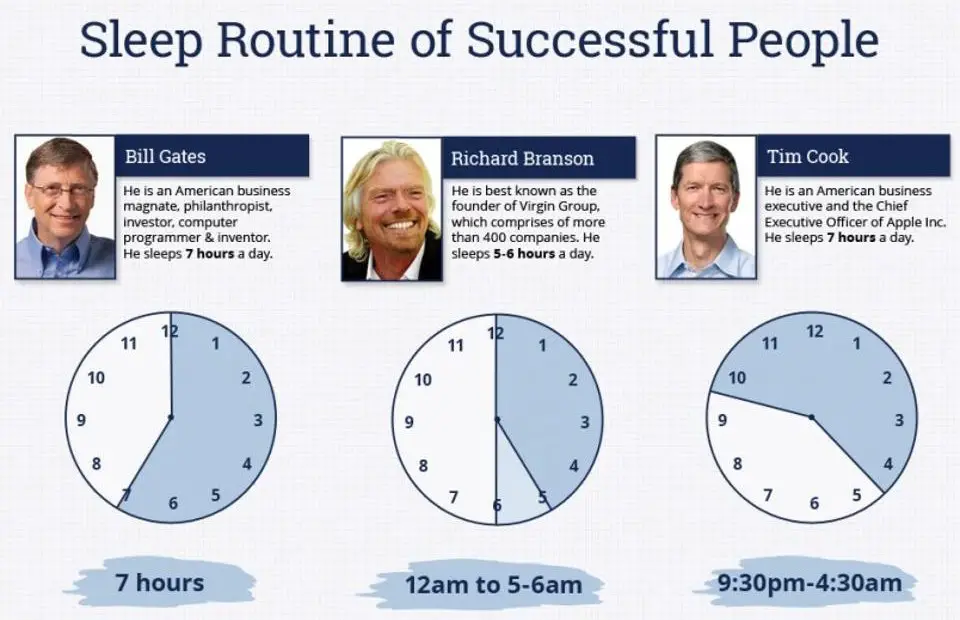 BAD is a disease like any other, and it needs to be treated. The earlier the therapy is prescribed to the patient, the more chances he has for going into remission and a further positive prognosis. nine0003
BAD is a disease like any other, and it needs to be treated. The earlier the therapy is prescribed to the patient, the more chances he has for going into remission and a further positive prognosis. nine0003
Gomez, Cary and other stars with bipolar disorder
Bipolar disorder is an unpleasant diagnosis, but it is quite possible to lead a normal life with it. The main symptom of BAD is an “emotional swing” from the highest point (the stage of mania or hypomania) to the lowest point (depression). Celebrities who have been diagnosed with this do not hesitate at all, and they do it right!
Vita Zorina
Tags:
Kim Kardashian nine0003
Kanye West
Selena Gomez
Diseases
Books
Talking about mental health is not only possible, but also necessary, it will help you find support.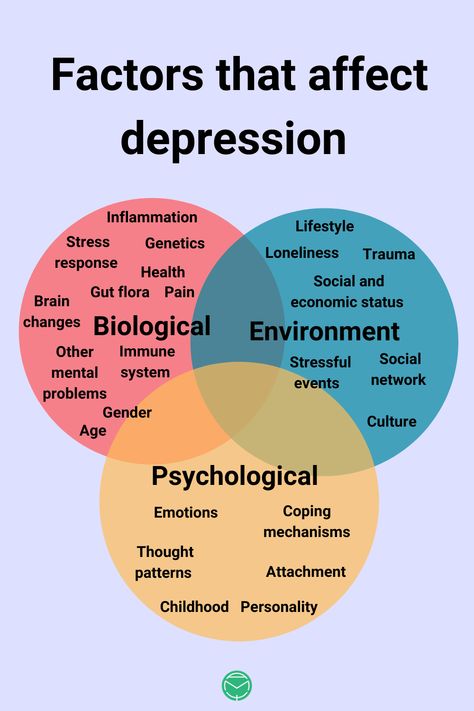
Selena Gomez
Last year, live with Miley Cyrus, the singer admitted that before the quarantine she was examined and found out that she had bipolar disorder. In 2015, Selena suffered from severe depression and anxiety, but then no specific diagnoses were given to her. nine0003
The singer was glad that there was certainty: "When I have information, it really helps me, and does not scare me when I don't know what's going on." She also admitted that she studied the issue and understood how to live with it. Well, perhaps Gomez will reflect new knowledge in his work: many artists raise the topic of health in their songs.
THIS IS INTERESTING
Selena Gomez and other stars who have changed after the divorce
Not everything is so smooth in Selena's personal life... After another breakup with Justin Bieber, she decided to change (at least outwardly) - at first the singer became a couple of tones lighter, then she cut her hair (began to go with a bob), and then completely became an ashy blonde with dark roots. But now Gomez has turned to the dark side again, becoming a brunette. nine0003
But now Gomez has turned to the dark side again, becoming a brunette. nine0003
1 of 5
Bibi Rexha
The singer tweeted about her bipolar disorder on April 15, 2019: “I'm bipolar and I'm not shy about it anymore. That's all (she cried out all her eyes)". She received many encouraging comments from subscribers.
The 30-year-old Albanian star is not only recording his second solo album, but also composing songs for Nick Jonas, Selena Gomez and other colleagues.
Demi Lovato
The singer has been struggling with bipolar disorder since 2011. In 2014, she even gave a series of lectures in various US cities on how to lead a fulfilling life in such conditions: “I had dark times, especially during the depressive stage of the disease. Bipolar depression has thrown my life out of whack, but today I am proud to say that I am living proof that anyone can live, love and feel good even with bipolar disorder when they have the knowledge, support and treatment they need.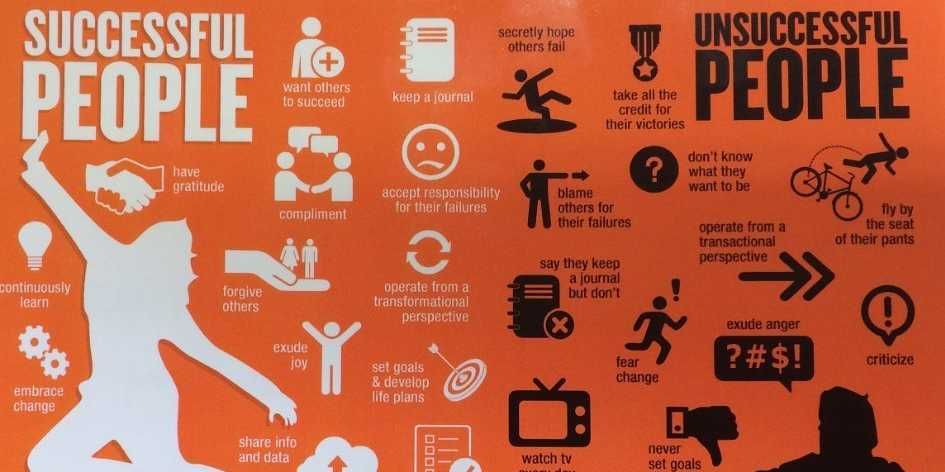 ". nine0003
". nine0003
Demi also published the book How to Be Strong 365 Days a Year, where she also touched on the topic of bipolar disorder.
Mariah Carey
The singer was one of the first stars with bipolar disorder: she revealed the diagnosis in 2001. “For many years I lived in denial and isolation,” Keri said. Over the years, she learned to deal with mood swings.
Alesya Kafelnikova
The model and daughter of the famous tennis player Yevgeny Kafelnikov told subscribers about bipolar at the end of 2017: “After analyzing today the correspondence, emotional surges, emoticons used on the phone, I can firmly state that I have bipolar disorder.” It is not known for certain whether this diagnosis was confirmed by doctors, although the girl has her own psychiatrist. nine0003
In the same year, Alesya was treated at the clinic for two months after a scandal with her father.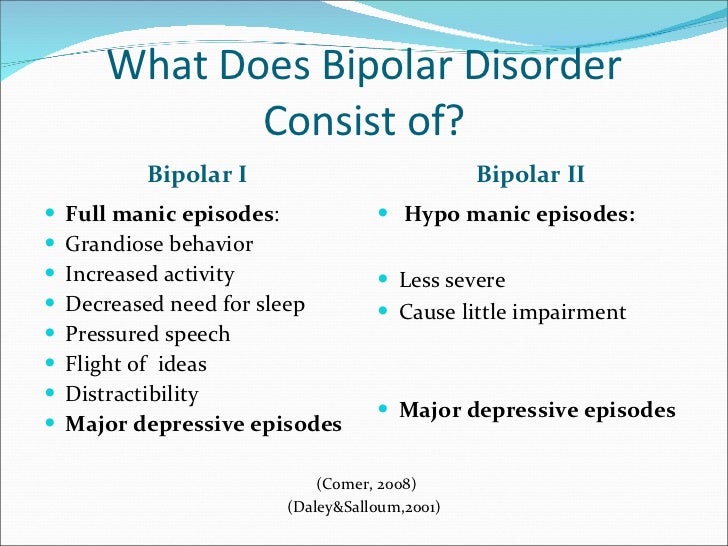 Kafelnikova said that she was happy with everything: “Guys, well, I like to suffer, I have such an obsession, I stick around on this depression. If you don't like my "suffering" - unsubscribe. I’m generally talking to myself here, ”Kafelnikova said.
Kafelnikova said that she was happy with everything: “Guys, well, I like to suffer, I have such an obsession, I stick around on this depression. If you don't like my "suffering" - unsubscribe. I’m generally talking to myself here, ”Kafelnikova said.
Catherine Zeta-Jones
The actress began having mental problems in 2010, and in 2011 she was diagnosed with bipolar disorder. It is known that she was treated in one of the American clinics - and was re-treated for depression in 2014. nine0003
It is assumed that the problems are partly caused by quarrels with her husband, actor Michael Douglas, who is exactly 25 years older than her. In 2013, the couple even parted for a while, but then they began to live together again.
Kanye West
Rapper and husband Kim Kardashian found an original way to talk about his diagnosis - to sing a song! She was included in the Ye album, and West considers the bipolar her superpower.
